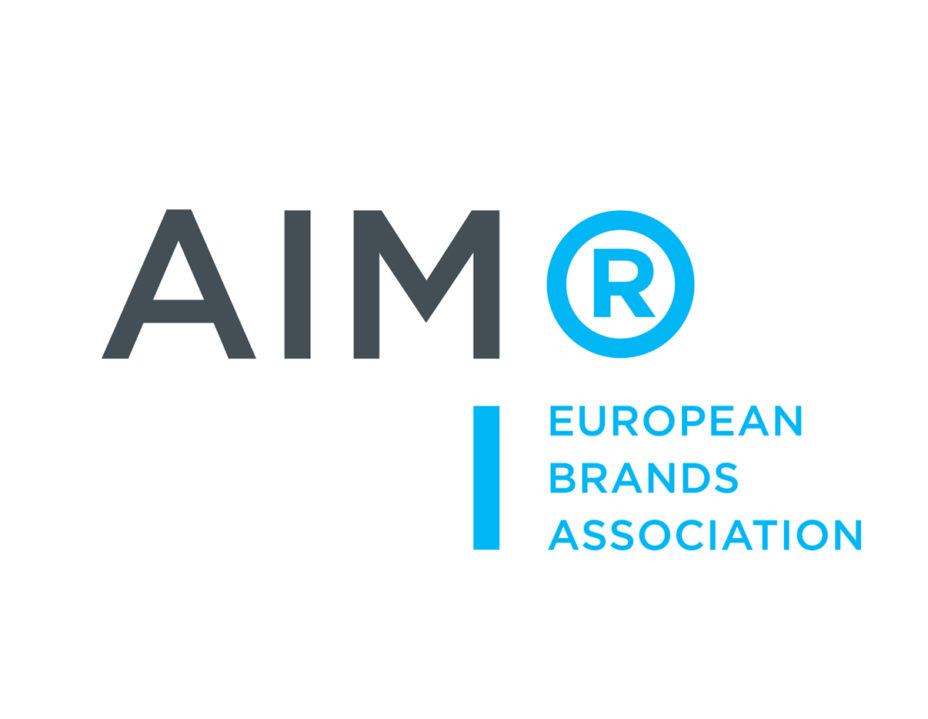
News & positions
Musical chairs of retail alliances could spread further unfair business conduct across EU
Press release, Brussels, 26 March 2021 – Edeka, the 55.7 billion euro German retail giant, announced its departure today from powerhouse retail alliance AgeCore, to join yet another newly formed alliance Everest, under AgeCore’s previous leadership.
AgeCore, with a gross sales volume of EUR 168 billion between its six members, has dominated the retail scene in recent years, bringing continuous disruption to EU supply chains due to its business conduct. AIM recently welcomed the French government’s decisive move[1] to curb abusive unfair trading practices imposed on 93 suppliers by French retailer Intermarché, through AgeCore and Intermarché Belgium, but called for governments across Europe to do more.
Now, just two weeks after the Bundeskartellamt initiated proceedings against Edeka for violating the prohibition to demand unjustified benefits from suppliers, despite the fact it was already fined for similar practices in 2014 Anzapfverbot case, it hops from one alliance to another, this time based in the Netherlands.
“Edeka, moving to Everest, a new alliance incorporated in the Netherlands with e-player Picnic, creates a whole new phenomenon in European retail, with the potential for abusive behaviours to spread across the physical and digital shelves”, commented Michelle Gibbons, Director General of AIM, the European Brands Association. “The musical chairs of retailers switching alliances begs the question of how, or even whether, these collaborations are truly regulated and what is going on with such moves. Where is the European Commission with its investigation into the exchange of commercial information between retailers in such alliances that it launched in 2019?”
Edeka’s Everest collaborator Picnic, would enter the French market, with the help of Cora, a member of the Carrefour Provera alliance in France and Belgium which is also under investigation by the Belgian Competition Authority.

Retail alliances have gained significant market power in recent years, dwarfing all other players in the industry. As opposed to genuine purchasing groups, these alliances act as gatekeepers determining access to, and the proper functioning of, EU retail markets. While a single powerful retailer may represent more than 20% of a manufacturer’s turnover, a manufacturer’s products may represent at most 1% – 2% of such retailer’s turnover. The cumulative effect of retailers collaborating in an alliance has such a negative impact that even the largest of suppliers may be the victims of delisting practices such as stopping orders and taking brands off shelves (or threatening to do so) if they do not pay up. These have an anti-competitive effect on the entire supply chain that ultimately translate as reduced consumer choice. As a recent European Commission report states[2] “evidence shows that these practices such as delisting without statement of reasons, or sudden changes of Terms and Conditions, can have a significant impact on businesses”.
“We need a fair, competitive trading environment to ensure that we can deliver for consumers, maintain a resilient supply chain and continue to invest and innovate to meet the EU Green Deal objectives and restore the EU economy”, observed Ms. Gibbons.
[1] https://www.economie.gouv.fr/dgccrf/assignation-de-lenseigne-intermarche-pour-des-pratiques-commerciales-abusives
[2] Digital Markets Act - Impact Assessment support study – Annexes, p.47
